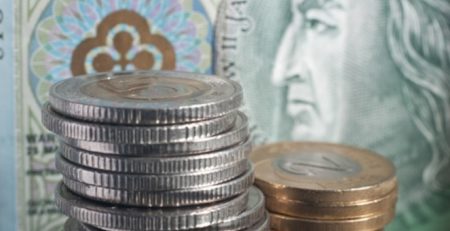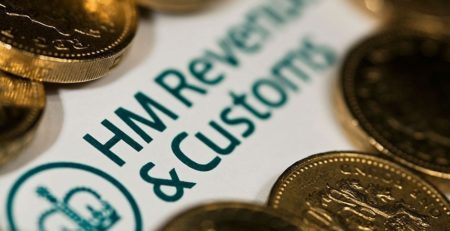Duties will rise by more than 10% overall, but lower alcohol drinks and most sparkling wines will be taxed at a lower rate. Many alcoholic drinks are costing more after Rishi Sunak and Chancellor Jeremy Hunt forced tax increases on alcohol.
As part of the Prime Minister’s changes, duty will now be levied according to strength rather than type of alcohol. While the price of most wines and spirits will increase as a result of an overall duty increase of 10.1% in line with inflation last September, prices will fall for lower-alcohol drinks, as well as most sparkling wines.
Under the plans, the new system is intended to encourage drinkers to reduce their alcohol consumption by taxing all alcohol based on its strength. Previously, the tax was levied based on the categories of wine, beer, spirits and ciders.
The Chancellor proposed the changes earlier this year. These came into effect from August 2023,
Drinks with an alcoholic strength by volume (ABV) below 3.5% will be taxed at a lower rate, while drinks with an ABV above 8.5% will be taxed at the same rate, whether they are wines, spirits or beer. The change means that still wines below 11.5% ABV and some sparkling wines will become cheaper, but higher-strength wines will become more expensive.
Duty paid on cask drinks in pubs will be up to 11 pence lower than what drinkers can pay in shops under a government guarantee to ensure pubs always pay lower duty on alcohol than supermarkets.
According to the Wine and Spirit Trade Association, the increase will result in a duty increase of 44 pence per bottle of wine with an ABV between 11.5% and 14.5%, which combined with VAT means consumers will pay an extra 53 pence.
Duty on 18% cream sherry will increase by an additional 87 pence and VAT will increase by more than £1 per bottle. The total tax on a bottle of port will increase by more than £1.50, the average bottle of whisky will cost £1 more, while the price of a bottle of gin or vodka will increase by around 90 pence.



